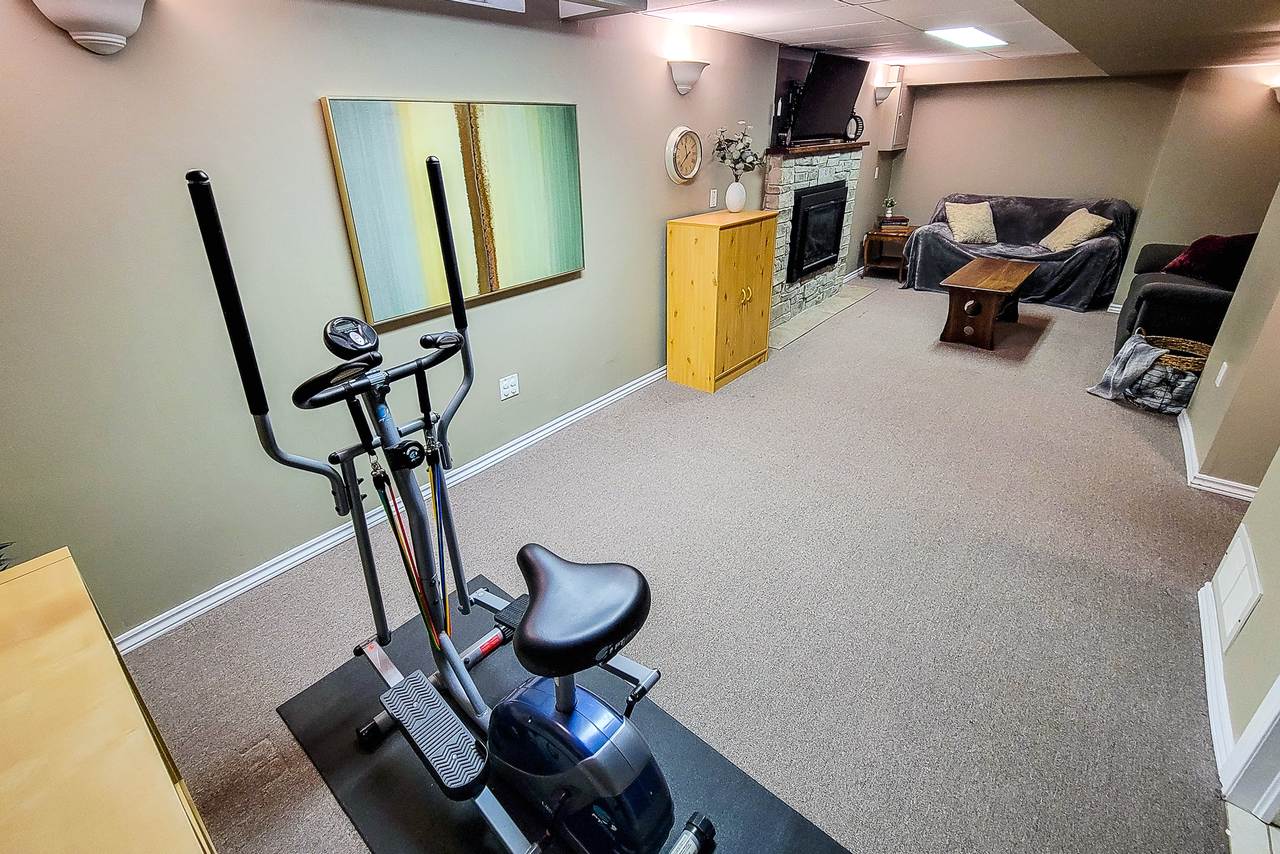Do I have to report the sale of my home to CRA?
Sold your home? Don’t let CRA hit you with a surprise tax bill — learn what you must report and how to lock in the exemption.
Quick answer
Yes. In most cases you must report the sale of your home to the Canada Revenue Agency (CRA) on your tax return and designate it as your principal residence to claim the principal residence exemption. Reporting is required for dispositions from 2016 onward. If you don’t report, CRA can reassess, deny the exemption and create an unexpected tax bill.
Why it matters
The principal residence exemption can eliminate capital gains tax when you sell your home. But the exemption doesn’t apply automatically on CRA’s records. You must report the sale and complete the forms that show the property’s years of designation. Missing that step costs money and headaches.

What to report (simple checklist)
- Confirm the property qualifies as your principal residence for the years you owned it.
- Calculate proceeds of disposition (sale price minus selling costs).
- Calculate adjusted cost base (ACB = purchase price + eligible renovations + acquisition costs).
- Complete Schedule 3 (Capital Gains) on your tax return.
- Complete Form T2091(IND) to designate the property and calculate exemption.
Practical example
You bought in 2010 for $300,000, did $20,000 in renos, and sold in 2024 for $600,000 with $15,000 in realtor and closing costs.
- Proceeds = $600,000 – $15,000 = $585,000
- ACB = $300,000 + $20,000 = $320,000
- Capital gain = $585,000 – $320,000 = $265,000
If this home was your principal residence every year, the principal residence exemption can wipe out that $265,000 gain — but only if you report and designate it.
Common pitfalls
- Assuming you don’t need to report because you lived there — you still must report.
- Forgetting eligible renovation costs that raise ACB and lower gain.
- Multiple properties in the same year — you can only designate one property as a principal residence for a given year.
- Incomplete paperwork — CRA can reassess and charge interest and penalties.
Actionable next steps (do this now)
- Gather your purchase agreement, receipts for renovations, closing statements and realtor invoices.
- Calculate proceeds and ACB.
- Fill Schedule 3 and Form T2091(IND) on your tax return for the year of sale.
- File on time. If you already filed and forgot, amend your return or contact CRA — don’t ignore it.

When to call a pro
If you have multiple properties, partial use (rental/office), complex renovations, or cross-border issues, get professional help. A small tax planning call now prevents a large tax bill later.
Final word
Yes — report the sale. Don’t assume the exemption will be automatic. Report the sale, claim the exemption, keep records.
Need a trusted local realtor who understands taxes and real estate strategy? Contact Tony Sousa for practical help with your sale and settlement paperwork. Email: tony@sousasells.ca | Phone: 416-477-2620 | https://www.sousasells.ca
If you want, I’ll review your numbers and the forms before you file.





















